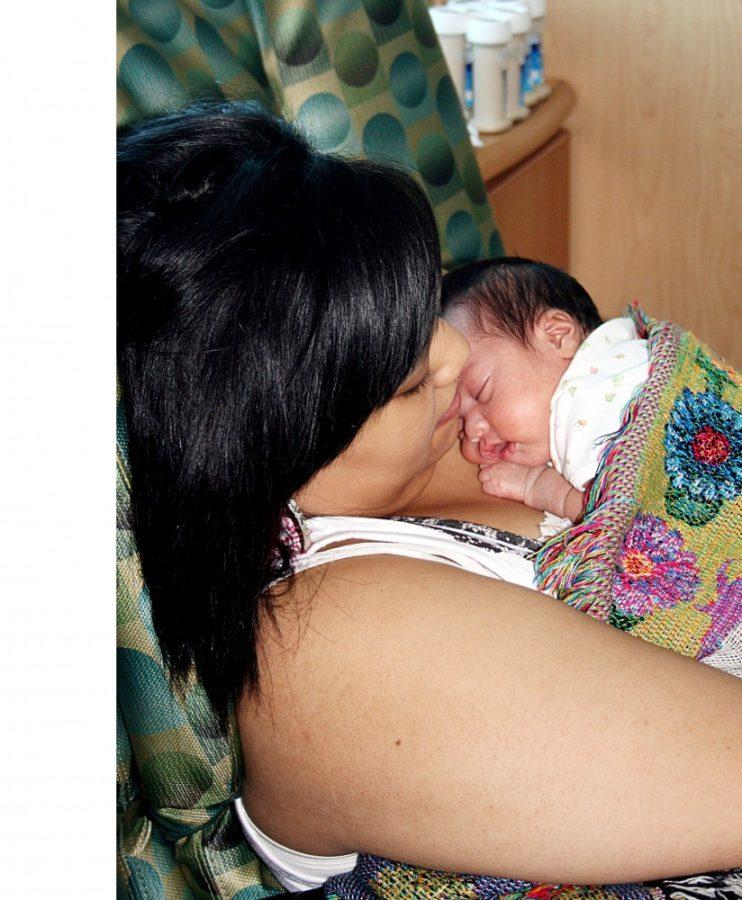The Steele Children’s Research Center received a five-year grant that will be used to train professionals wanting to work with children who have autism, cerebral palsy and other neurodevelopmental disabilities.
The $3.6 million grant, which the Health Resources and Services Administration funded, is going toward the Leadership Education in Neurodevelopmental and Other Related Disabilities, or LEND, program.
Funds will be used to pay for faculty salaries, stipends for the 14 trainees and travel funds. The one-year intensive program involves Dr. Sydney Rice, an associate professor in the Department of Pediatrics. She is directing the one-year intensive program while Eileen McGrath, an assistant professor in the department, is the training director.
“When they finish the program they’ll have credentials and they’ll know a lot more than they used to,” Rice said.
This experience will help trainees become leaders in dealing with neurodevelopmental disabilities, Rice said.
Examples of neurodevelopmental disabilities include autism, cerebral palsy, spina bifida, osteodystrophy, cleft lip and palate and seizure disorders, Rice said. When trainees finish with the program, they’ll know more about these disabilities and how to work with one another.
There are weekly training sessions on different topics including neurodevelopmental disabilities, life course and leadership training, she said. The program began on Aug. 16 with a three-day intensive leadership workshop at Hacienda del Sol Guest Ranch Resort and a one-day conflict management workshop. Trainees will also spend time in health clinics and interdisciplinary clinics for children with complex health needs.
“The discussions will revolve around our clinical experiences, which will be observing children,” said Jody Pirtle, a trainee and a graduate student studying special education. Pirtle was also selected as the virtual trainee for the Association of University Centers on Disabilities, which is the parent organization of the LEND program. Part of her job is to increase networking across the country.
Pirtle said the trainees will also be doing a leadership project and a hands-on family mentorship project.
Sarah Hamill Skoch, another trainee, is a clinical psychologist, and said she went to a clinic for spina bifida, a neurodevelopmental disability. The clinic had children who were between five and six years of age.
“I was really blown away by these families,” Hamill Skoch said. “I mean, their kids have been in and out of the hospital since they were born, some have had really complex surgeries, these kids have trouble walking … they have a lot that they’re dealing with. I usually walk away with just a great respect for what these families are managing on top of everything else.”
Trainees have assigned readings and keep a reflection journal in addition to the weekly discussions, Pirtle said.
The LEND sessions look at all stages of development rather than focusing on a specific time in a child’s life such as early childhood or adolescence, Pirtle said.
“One of the important things is when you’re taking care of children with complex health needs, you have to be able to know what everybody else does,” Rice said. “So, part of this training is to help each of the different types of trainees know a lot about what the other one does.”
For example, a social worker will know a lot about what an occupational therapist does and physicians will know what psychologists do, she said. The interdisciplinary training allows them to all work together and be trained in leadership.
The trainees in the program are all at least at a graduate level and are from Tucson, Flagstaff and Douglas.
“Every year we hope to have trainees from different places in the state so that we can improve the services and the knowledge across the state,” Rice said.








